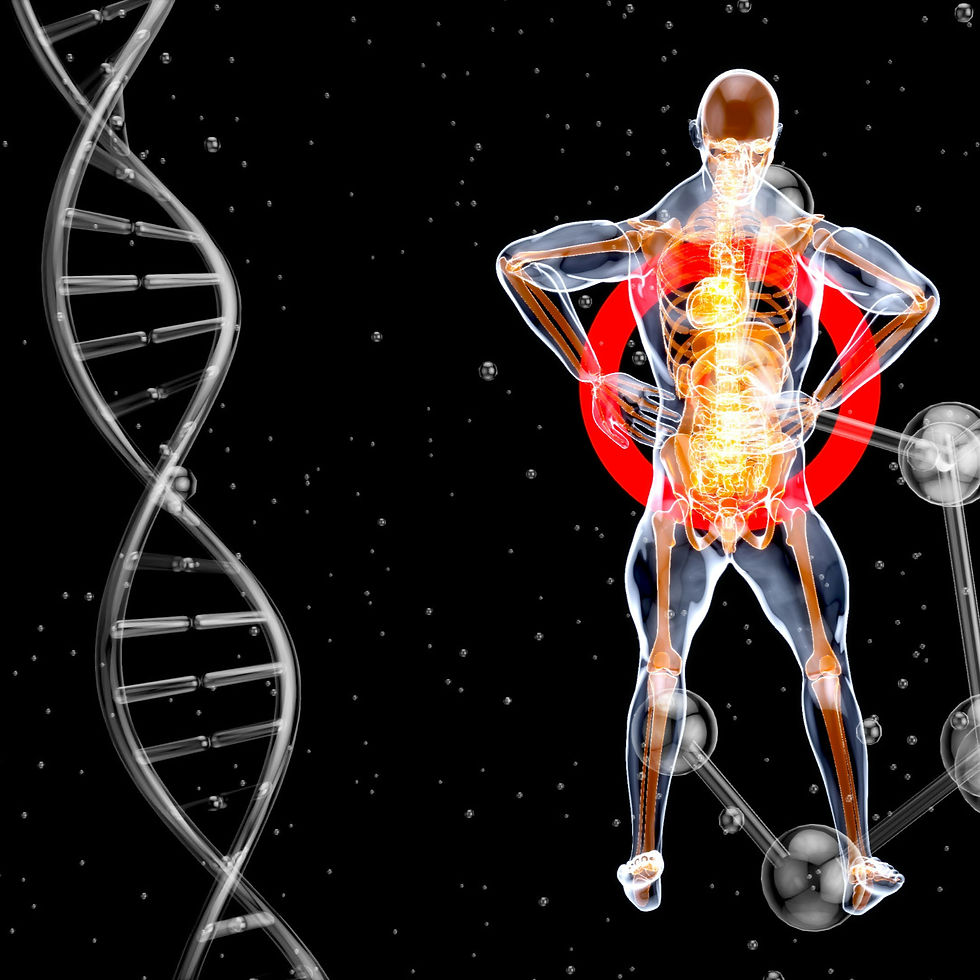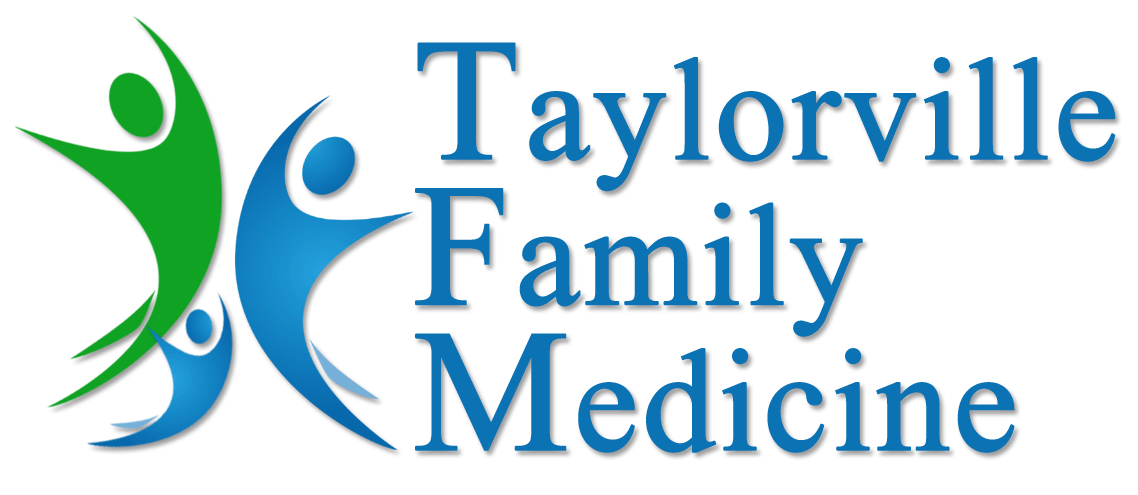
Imagine your kidneys are like a high-tech filter in a fish tank. Over time, if the filter becomes clogged with debris, the water quality worsens, and the whole tank can suffer. Similarly, your kidneys act as filters, removing waste, toxins, and extra fluid from your blood. But if they become damaged, they can't perform their job effectively, and your body starts to feel the effects. Just like you would care for a filter in a tank, your kidneys need attention to stay healthy.
What Is Chronic Kidney Disease (CKD)?
Chronic Kidney Disease (CKD) is a condition where the kidneys gradually lose their ability to function properly over time. It usually develops slowly and may not show symptoms until it’s more advanced. When your kidneys are healthy, they filter waste from your blood and help regulate blood pressure and red blood cell production. But in CKD, the kidneys' ability to do this diminishes, which can lead to waste buildup in the body, causing health issues.
Is Kidney Disease Hereditary?
Yes, kidney disease can be hereditary. If you have a family history of kidney disease, you might be at higher risk. Conditions like polycystic kidney disease (PKD), a genetic disorder, are passed down through families. However, even if there’s no family history, other factors like high blood pressure or diabetes can increase the risk of developing CKD.
Symptoms of Chronic Kidney Disease
In the early stages, CKD may not have any noticeable symptoms. But as the disease progresses, you might experience:
Swelling in the legs, ankles, or feet due to fluid retention
Fatigue or weakness
Changes in urination, such as urinating more or less often
Shortness of breath
Persistent itching
Nausea or vomiting
High blood pressure that is difficult to control
If you're experiencing any of these symptoms, it’s important to see a healthcare provider for an evaluation. Early detection can make a significant difference in managing kidney disease.
How to Get Relief from Kidney Disease
While CKD cannot be reversed, the good news is that it can be managed to slow its progression and alleviate symptoms. Here are some ways to manage and relieve kidney disease:
Control Underlying Conditions: If you have diabetes or high blood pressure, managing these conditions is crucial. Keeping your blood sugar and blood pressure in check can help protect your kidneys from further damage.
Dietary Changes: Eating a kidney-friendly diet can reduce the workload on your kidneys. Reducing sodium, limiting protein intake, and eating foods that promote kidney health, like fruits and vegetables, can help.
Medications: In some cases, medications may be prescribed to control blood pressure, manage cholesterol, or treat other conditions related to kidney disease.
Regular Monitoring: Regular visits to your healthcare provider for kidney function tests and blood pressure checks are important to monitor the progression of the disease and adjust your treatment plan.
How to Avoid Putting Unnecessary Pressure on Your Kidneys
Prevention is key when it comes to kidney health. Here are steps you can take to reduce the risk of developing kidney disease or to manage it if you’ve already been diagnosed:
Stay Hydrated: Drinking plenty of water helps your kidneys function properly by flushing out toxins.
Maintain a Healthy Weight: Keeping your weight in check reduces the risk of conditions like diabetes and high blood pressure, which can contribute to kidney disease.
Exercise Regularly: Physical activity helps manage blood pressure and improves overall kidney health.
Limit Salt and Processed Foods: High sodium intake can put extra strain on your kidneys. Opt for fresh, whole foods instead.
Avoid Excessive Alcohol and Smoking: Both alcohol and smoking can damage kidney function, so it’s best to limit or avoid them.
Take Action for Kidney Health
At Taylorville Family Medicine, we are committed to helping you protect your kidneys and overall health. If you're at risk for kidney disease or experiencing symptoms, don’t wait—schedule a visit today. Early detection and management can make a big difference in preventing further damage and maintaining your quality of life. Let us work with you to keep your kidneys healthy for years to come.

Comments